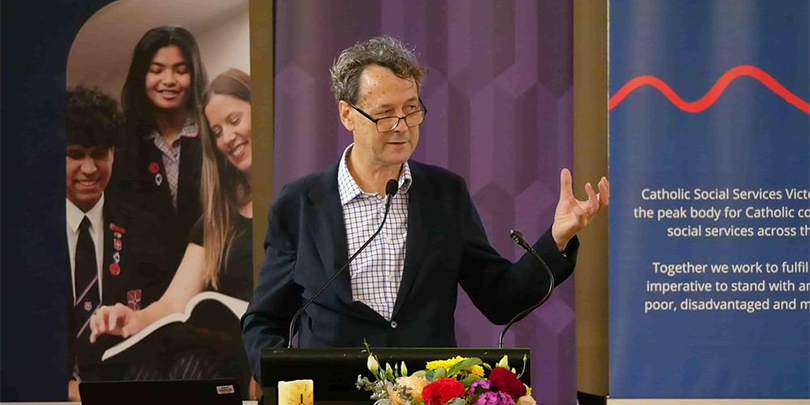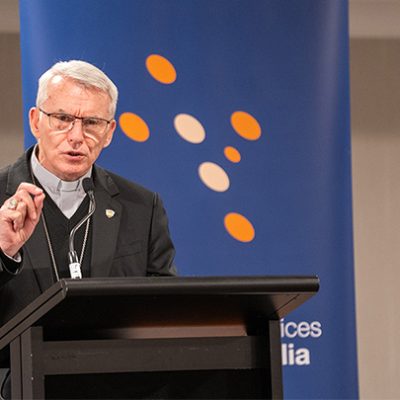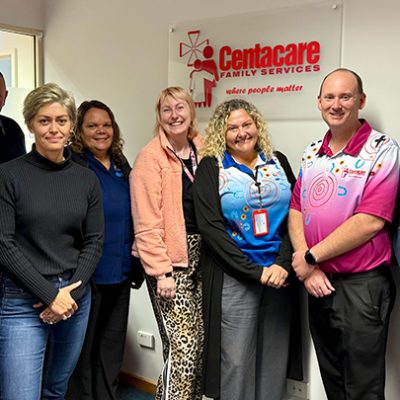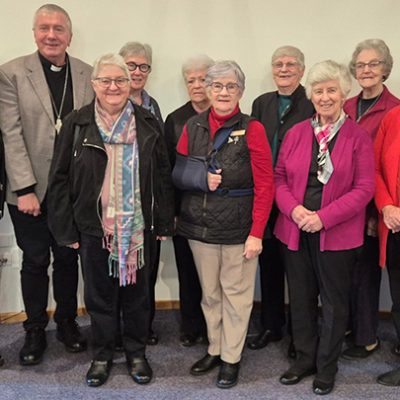
Public policy expert Mark Considine says Australia’s current approach to social service delivery is failing the people it is meant to support and protect. Source: Melbourne Catholic.
In a keynote address at the recent Catholic Social Services National Conference, Professor Consident argued that the so-called “service market” model, in which “choice” is held up as the best driver of efficiency and innovation, should be overhauled in favour of an approach that empowers vulnerable people.
This empowerment must involve listening to vulnerable people more carefully and focusing on their complex needs rather than on profits and politically convenient theories about “consumer” behaviour.
He describes this as a move from “choice” to “voice” in which, he says, “mission-driven” agencies such as the Catholic Church’s social services can play a vital role.
On February 23, Professor Considine – currently Redmond Barry Distinguished Professor of Political Science and Provost of the University of Melbourne – presented his audience at the Catholic Leadership Centre with a thought-provoking overview of the Australian social services landscape, much of it drawn from his latest book, The Careless State: Reforming Australia’s Social Services.
The culmination of 10 years of research, the book presents a sober critique of the ways governments of all persuasions have attempted, but largely failed, to support the most vulnerable in Australian society over the past 25 years, along with a vision of what a more effective approach could look like.
Throughout Australia in recent decades, ‘the choice revolution’ in social services has been embraced as a response to rising costs, changing demographics and growing criticism of inefficient and paternalistic government services.
Focusing on the outcomes of this shift, The Careless State examines the experiences of the long-term unemployed in employment services, trainees undertaking vocational education and training, older people in the aged care system, small children in childcare, disabled people in the National Disability Insurance Scheme, vulnerable workers in the occupational health and safety system, and mothers and infants in the maternal and child health service, honing in on the weaknesses and strengths of each approach.
FULL STORY
From ‘choice’ to ‘voice’: Prof Mark Considine’s vision for social services (Melbourne Catholic)






